17 Interesting Tanzania Education Facts
Did you know that lots of Tanzanian kids have to walk for hours to go to school? Or that early child marriage is still a problem in Tanzania?
Discover everything through these 17 interesting Tanzania education facts! 🇹🇿 🎓
The Best Facts About Schools in Tanzania
Tanzania is located in East Africa. Mount Kilimanjaro, Africa’s highest mountain, is in Tanzania, and the country is bordered by Uganda, Kenya, and Mozambique, among others. Its capital city is Dodoma, which has 2,245,000 inhabitants.
An interesting part of the country that I wanted to tackle is its education. In light of that, I have listed my 17 best facts about the education system in Tanzania, and I hope you will love them:
1. More than 5 million Tanzanian children are currently out of school
Between the ages of 7 and 17, there is an estimate of 5.1 million out-of-school children.
While primary school enrollment reached a peak of 86 percent, lower-secondary level school enrollment drastically lowered to 33.4 percent. This is a general issue in the country: while most kids attend primary school, very few can pursue their studies.
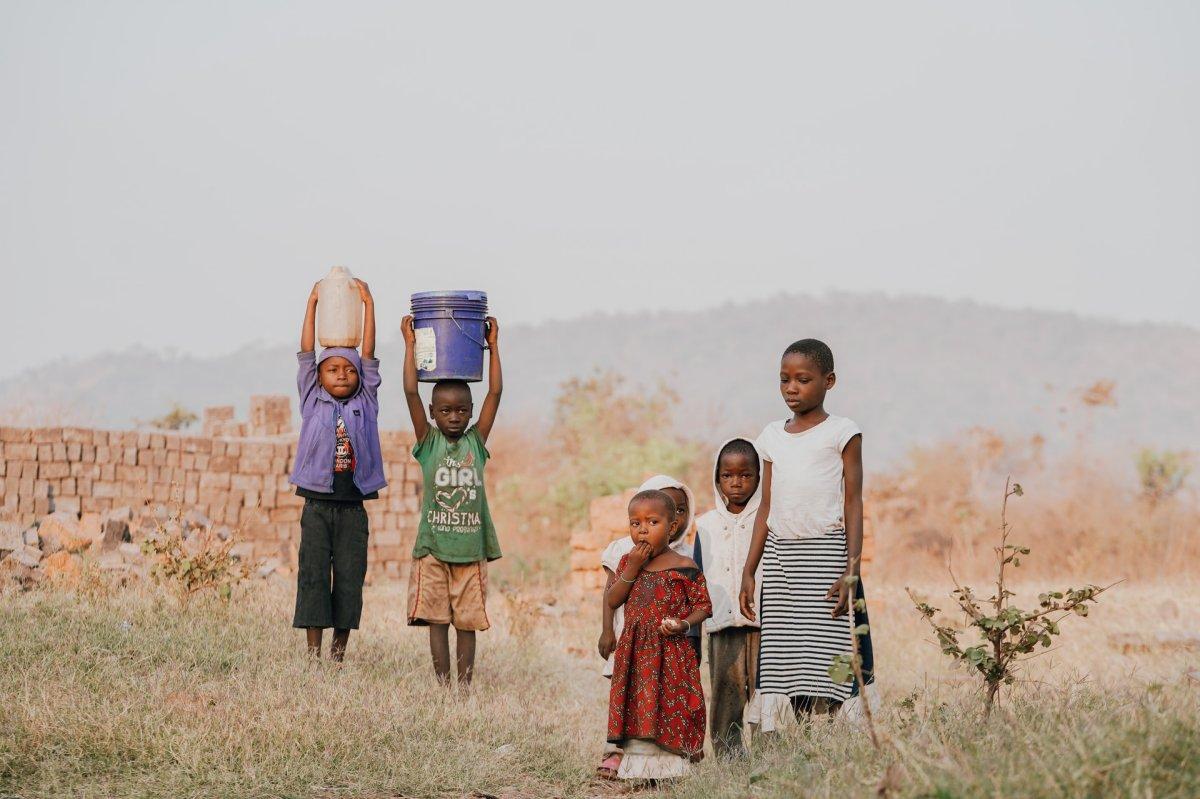
2. Tanzanian children have no choice but to have dangerous jobs
Because the vast majority of Tanzanian youth is underqualified, they have no choice but to opt for jobs with hazardous conditions.
While there is officially a Tanzanian Law of the Child Act, these jobs definitely don’t respect its conditions.
3. Almost a third of young Tanzanian children work in dangerous conditions
An important reason for so many children to still be out of school is that they are working in dangerous conditions, like mining, quarrying, and domestic work as well.
Because the Tanzanian Law of the Child Act is not respected, an estimated 29.3 percent of children aged 5 to 14 are working in these poor conditions.
4. The average yearly cost of education in Tanzania is $50
Yes, education is really cheap in Tanzania, but obviously, this is relative. In fact, many Tanzanian families simply cannot afford to send their children to school.
And not for school fees, but for other expenses, like transportation, food, and the fact that if children go to school… They cannot help their parents at home.
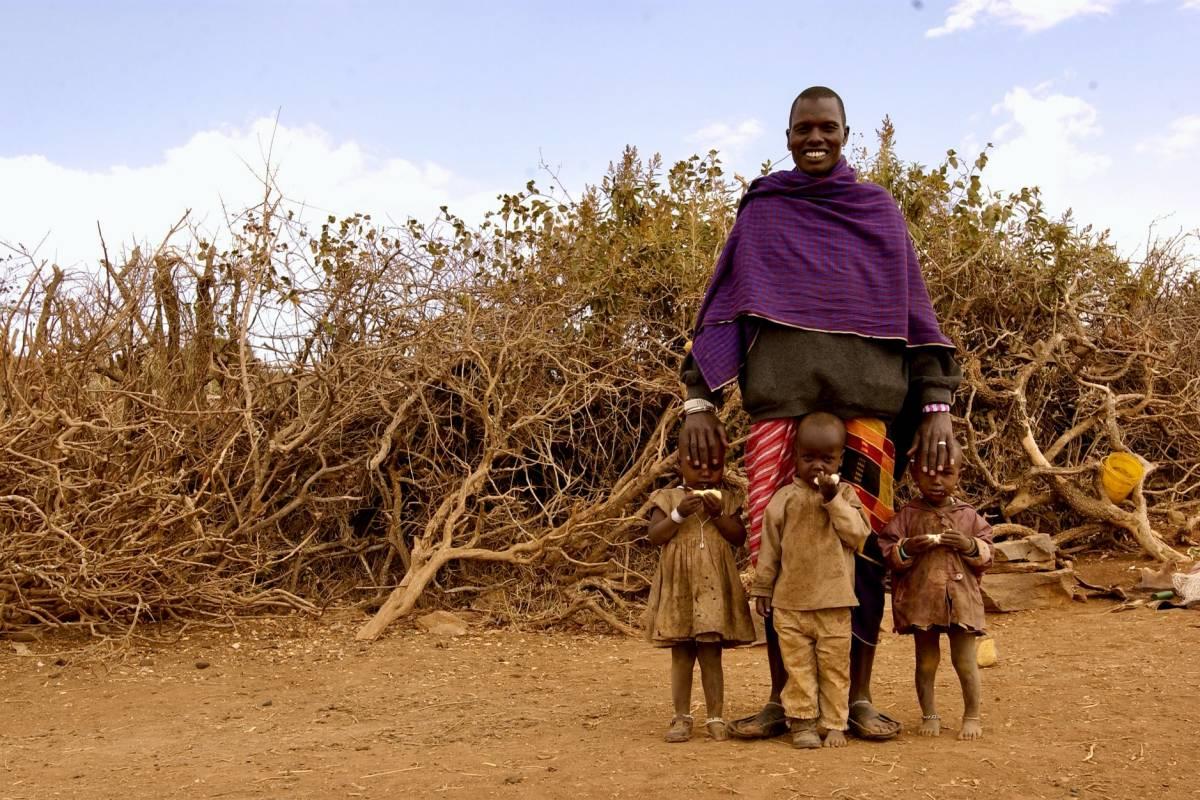
5. Poverty has a tremendous impact on education in Tanzania
Tanzania is another country with a vicious circle: there is a general lack of education because people are poor… because they are uneducated.
Almost 26 percent of the population lives below the poverty line, and fees, uniforms, and books are often too much for parents to pay for.
6. The major part of Tanzania’s population lives in rural areas
The majority of Tanzanian people live outside of the city, in very isolated rural areas.
What does this have to do with education? Well, for secondary school especially, students simply cannot reach institutions. This is why you will often see 6 people riding a single motorcycle!
7. Lucky Tanzanian students sleep next to their school, others walk for hours
Because rural areas are so isolated, and so far from schools, some lucky students can receive housing at a boarding facility near the school.
Others have no choice but to walk or bike for more than an hour every morning… and evening.
8. Some organizations are dedicated to making sure Tanzanian students have decent transportation, among other things
The Tanzanian Education Fund is one of the organizations that help make Tanzanian students’ life a bit easier, by managing the financial income for schools, reviewing their progress, and raising funds for them.
They also create fundraising events for school buses. Even though that is not enough, it is still a huge initiative.
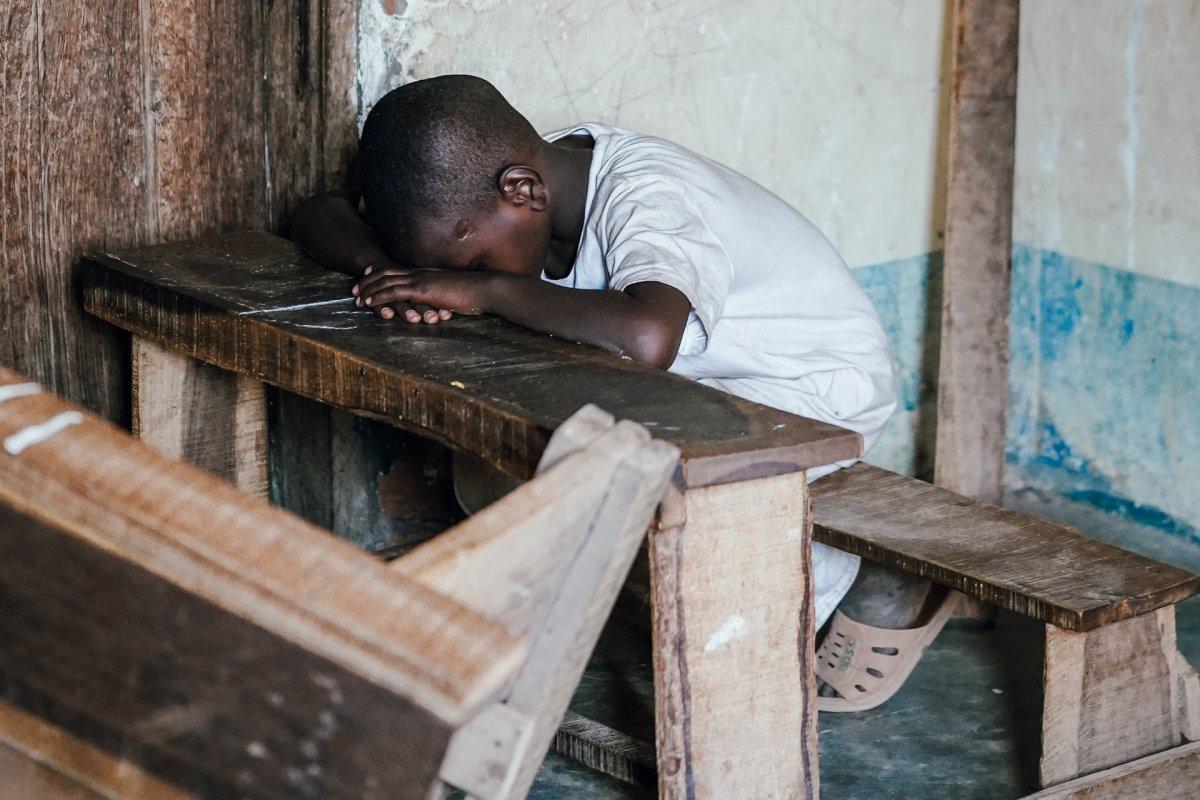
9. Early child marriage is quite common in Tanzania
Like in many other third-world countries, Tanzanian girls are heavily disadvantaged compared to their male counterparts.
More precisely, 2 out of 5 girls marry before the age of 18. Therefore, girls education in Tanzania is compromised as they very rarely receive a secondary education.
10. Pregnant and married girls face discrimination in Tanzania
Not only do Tanzanian adolescents get married very early, but when they are pregnant, they are harshly discriminated against.
On top of having to pay a re-entry fee after pregnancy, school headmasters do not respond to their questions, and schools are legally allowed to expel pregnant and married women.
11. Officially, disabled children have the same opportunities as others in Tanzania
Tanzania issued the Persons with Disabilities Act in 2010. This is supposed to guarantee that children with disabilities have the same opportunities and right to education as others.
Actually, they encounter even more barriers than other children, not only in primary school but even more in secondary education.
12. Tanzanian schools are simply unequipped for disabled children
Again, even though disabled children should be welcomed in equipped schools according to the 2010 Act, schools do not have enough equipment.
Only 75 out of the 3,601 public secondary schools accommodate children that need special education. There are most of the time no wheelchairs nor canes, and teachers are unqualified to train children with special needs.
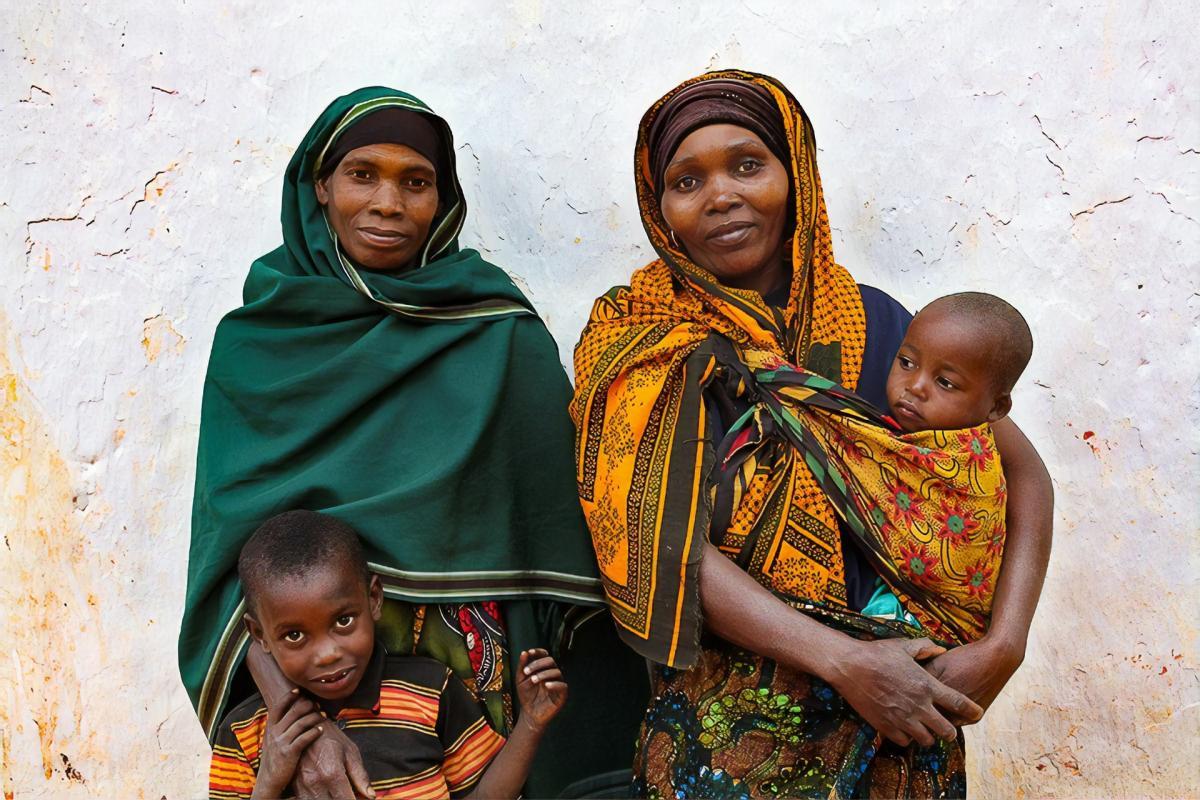
13. Tanzanian students are not qualified enough to enter secondary school
There are many obstacles outside of school for children to access higher education in Tanzania and even secondary education. But schools face several issues that contribute to this.
In fact, teachers are so unqualified, and classrooms are so overcrowded, that the final primary school exam is completed by only around 58.4 percent of students.
14. Examination conditions are strict in Tanzania
Tanzanian children probably feel a lot of pressure when they have to pass their Primary School Learning Examination.
They only have one shot, and with an average student-to-teacher ratio of 59:1, they do not really have decent learning conditions.
15. Since 2015, there are no school fees in lower-secondary schools
The Tanzanian government is making efforts in hopes to improve the overall quality of education.
For instance, they eliminated school fees in every lower-secondary school, which resulted in a general increase in secondary school enrollment. Hopefully, this tendency will only continue.
16. Tanzanian schools are mostly an unsanitary environment
One of the other issues Tanzanian schools have to face is the access to water.
More precisely, only 62 percent of schools in Tanzania provide a decent water source. Handwashing facilities and restrooms are even harder to find, unfortunately.
17. International organizations try their best to help Tanzania’s education system
Organizations like Project Concern International try to improve the infrastructure of many Tanzanian schools.
This organization in particular is focused on ending hunger and enhancing health in general. This is a very good thing since Tanzanian children are often exposed to dangerous diseases like dysentery or respiratory infections.
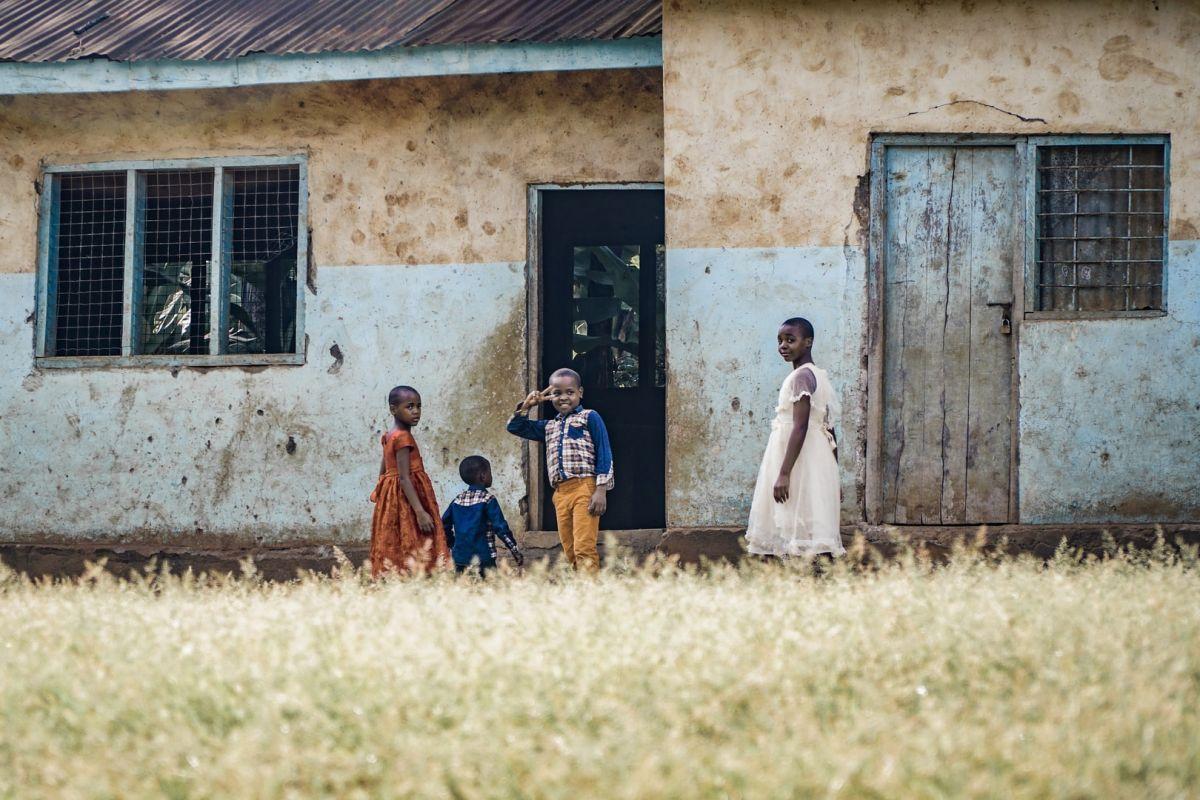
So there you have them, these were all my 17 education in Tanzania facts. I hope you enjoyed them and that you learned something new today.
In case you want to learn more about the rest of the country, feel free to keep reading, as I still have lots of things to tell you about:
Tanzanian School Hours
Let’s keep going with our next part, dedicated to Tanzanian school hours. The typical school schedule in one country can often be very different from your own, and it’s always interesting to have more details on how students go on about their day.
Tanzania Primary School Schedule
In Tanzania, the academic year runs from September to July.
Students are taught in Kiswahili in primary school: it is the national language of Tanzania.
The Tanzanian school day typically consists of several two-hour blocks of studies, from 8 AM to PM. Before and after that though, children do various chores and clean the school as a whole.
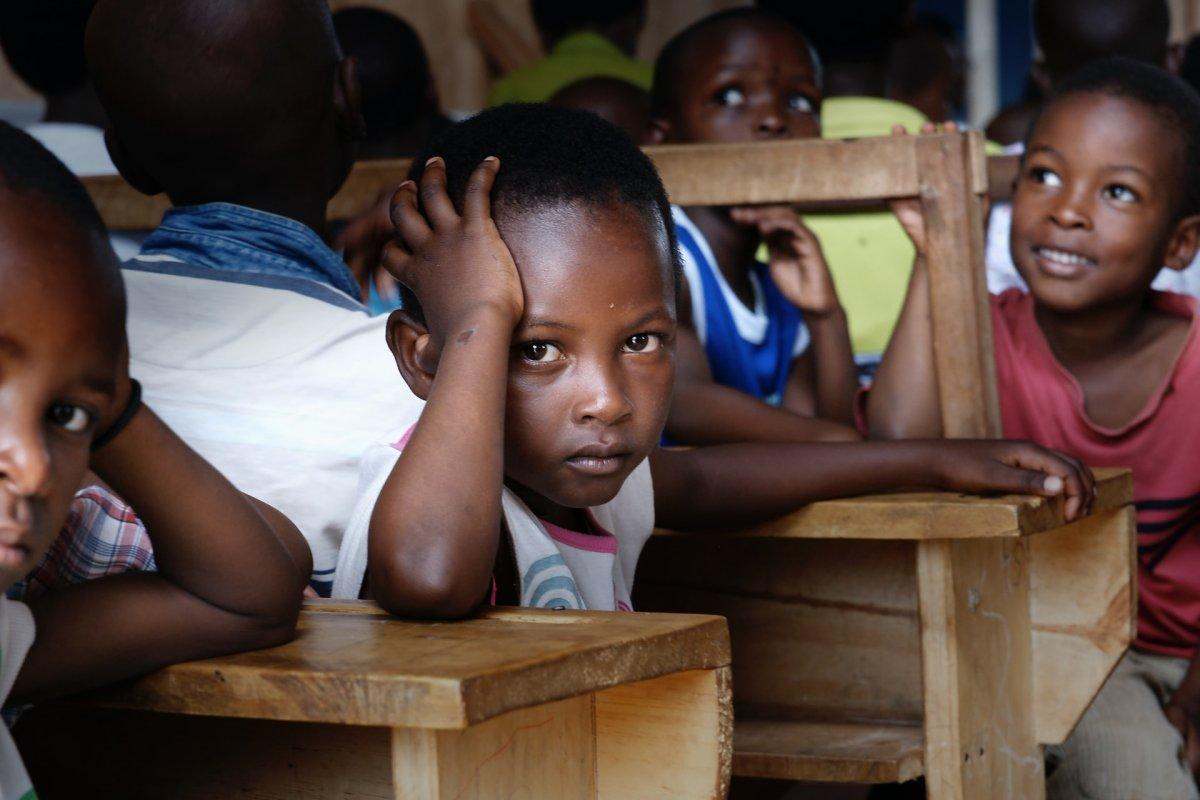
Tanzanian High School Schedule
When it comes to secondary and upper education in Tanzania, the official language becomes English.
Because students often have interruptions in their schooling, there is no precise age for them to enter secondary school.
In high school, the year begins in January and has 2 terms: from January to June, and from July to December. For advanced secondary level, it runs from July to May of the following year.
General Facts About Schooling in Tanzania
This last part is dedicated to general facts about schooling in Tanzania. More specifically, we’ll check 2 key figures that will give you a better understanding of the education level in Tanzania.
Enrollment in tertiary education for Tanzania: 3.65%
(Average for regions: Sub-Saharan Africa: 8.6% | South Asia: 20.8% | Arab States: 36.4% | East Asia: 36.5% | Latin America: 43.3% | Europe and Central Asia: 62% | North America: 84%)
Data from World Bank EdStats/UNESCO
Tanzania literacy rate: 80%
(Average for regions: Sub-Saharan Africa: 65.3% | South Asia: 72.9% | Arab States: 79.4% | Latin America: 93.7% | East Asia: 95.8% | Europe and Central Asia: 98.5%)
Data from World Bank EdStats/UNESCO
More Education Facts!
Do you want even more education facts about other countries?
Check out these facts:
Or click here to see ALL the education facts up on the blog!
The Full List of 17 Tanzanian School Facts
- More than 5 million Tanzanian children are currently out of school
- Tanzanian children have no choice but to have dangerous jobs
- Almost a third of young Tanzanian children work in dangerous conditions
- The average yearly cost of education in Tanzania is $50
- Poverty has a tremendous impact on education in Tanzania
- The major part of Tanzania’s population lives in rural areas
- Lucky Tanzanian students sleep next to their school, others walk for hours
- Some organizations are dedicated to making sure Tanzanian students have decent transportation, among other things
- Early child marriage is quite common in Tanzania
- Pregnant and married girls face discrimination in Tanzania
- Officially, disabled children have the same opportunities as others in Tanzania
- Tanzanian schools are simply unequipped for disabled children
- Tanzanian students are not qualified enough to enter secondary school
- Examination conditions are strict in Tanzania
- Since 2015, there are no school fees in lower-secondary schools
- Tanzanian schools are mostly an unsanitary environment
- International organizations try their best to help Tanzania education system
Share the knowledge! Click on the buttons below to share these Tanzanian school facts with your friends, and help them learn more about the world 🙂

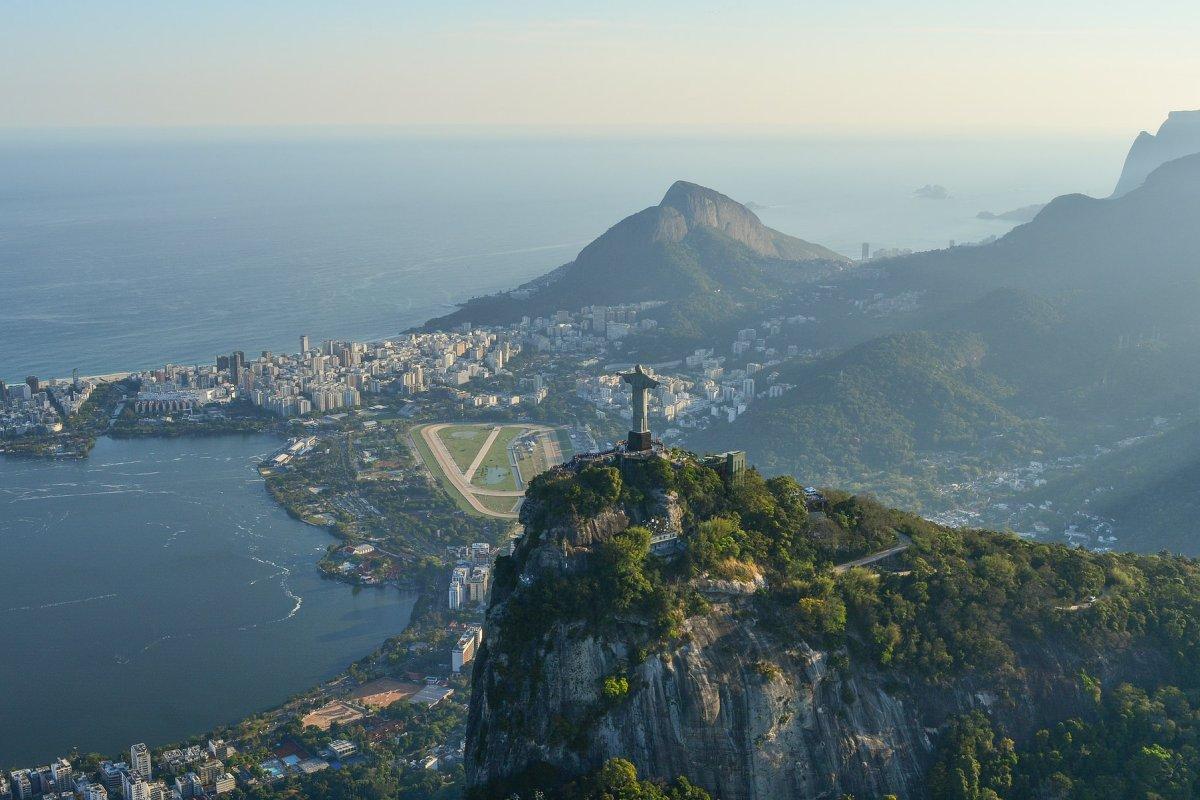
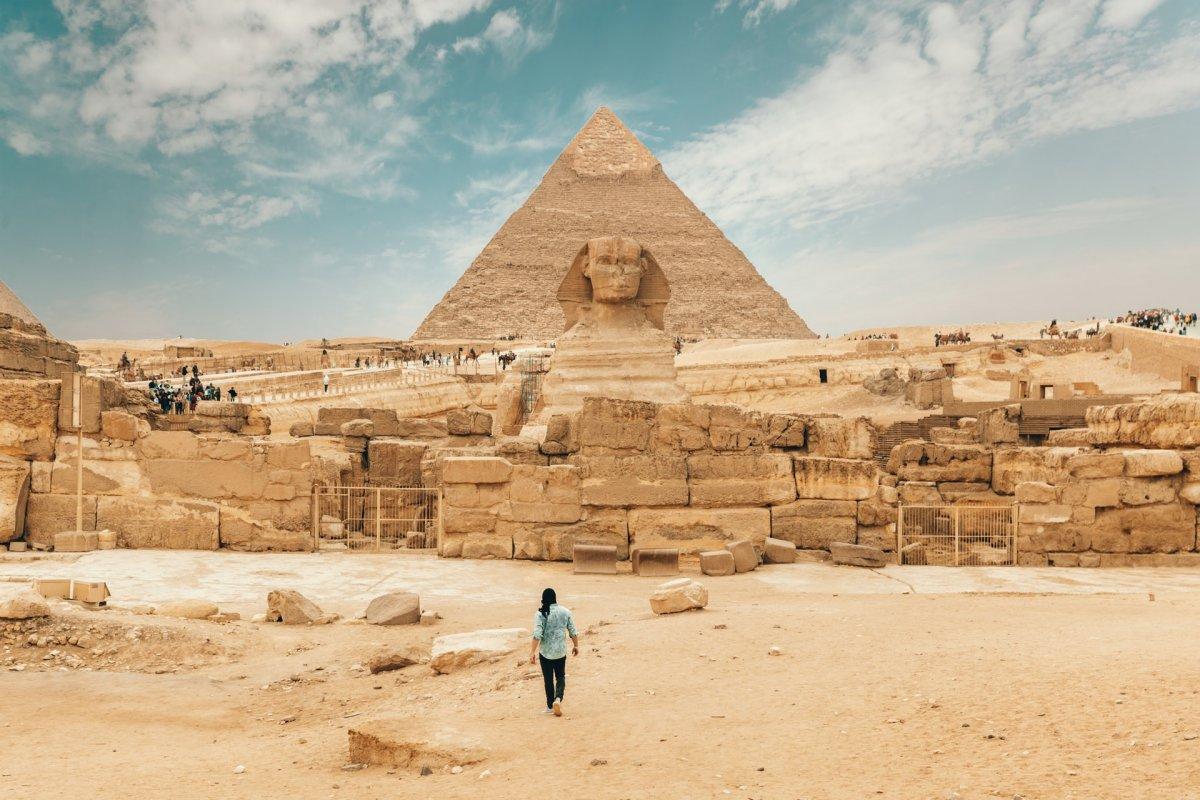
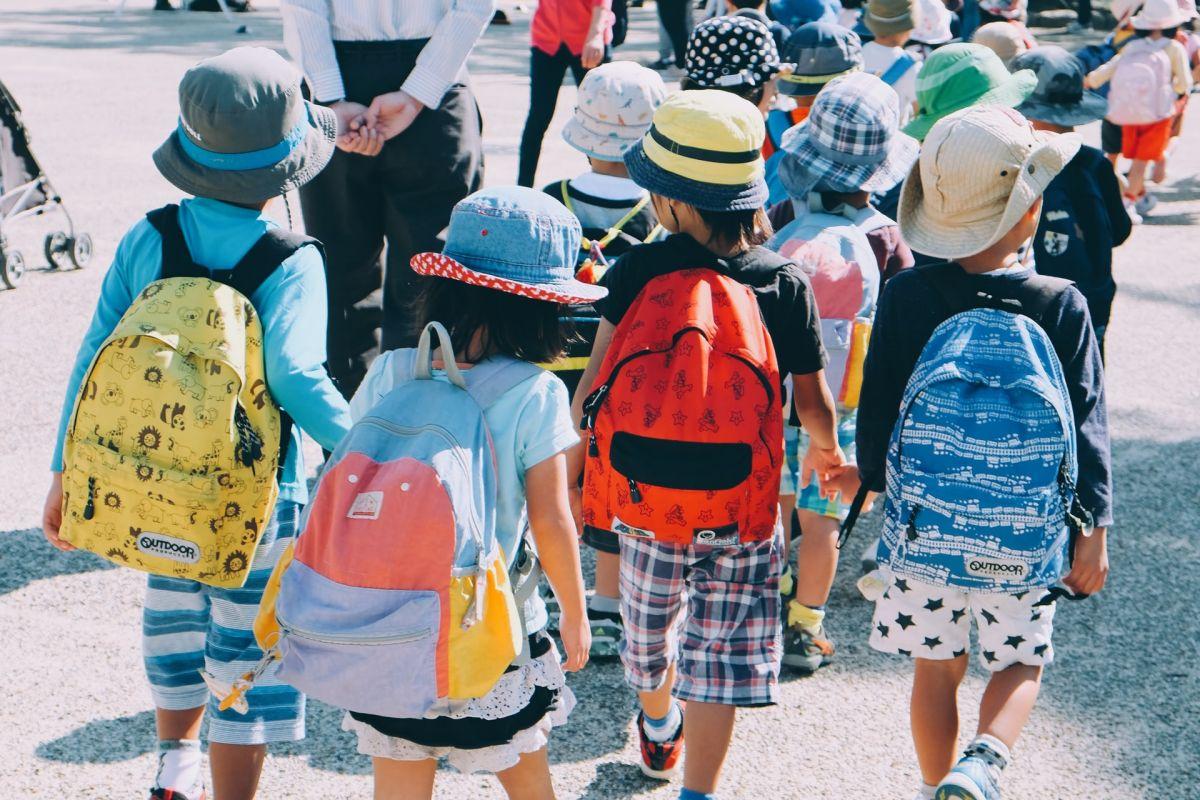
Hello.
Kindly change the information about school schedule for primary school. The academic year runs from January to November with a break in June. The schedule runs the same as the one for secondary school.
This blog piece needs updating.